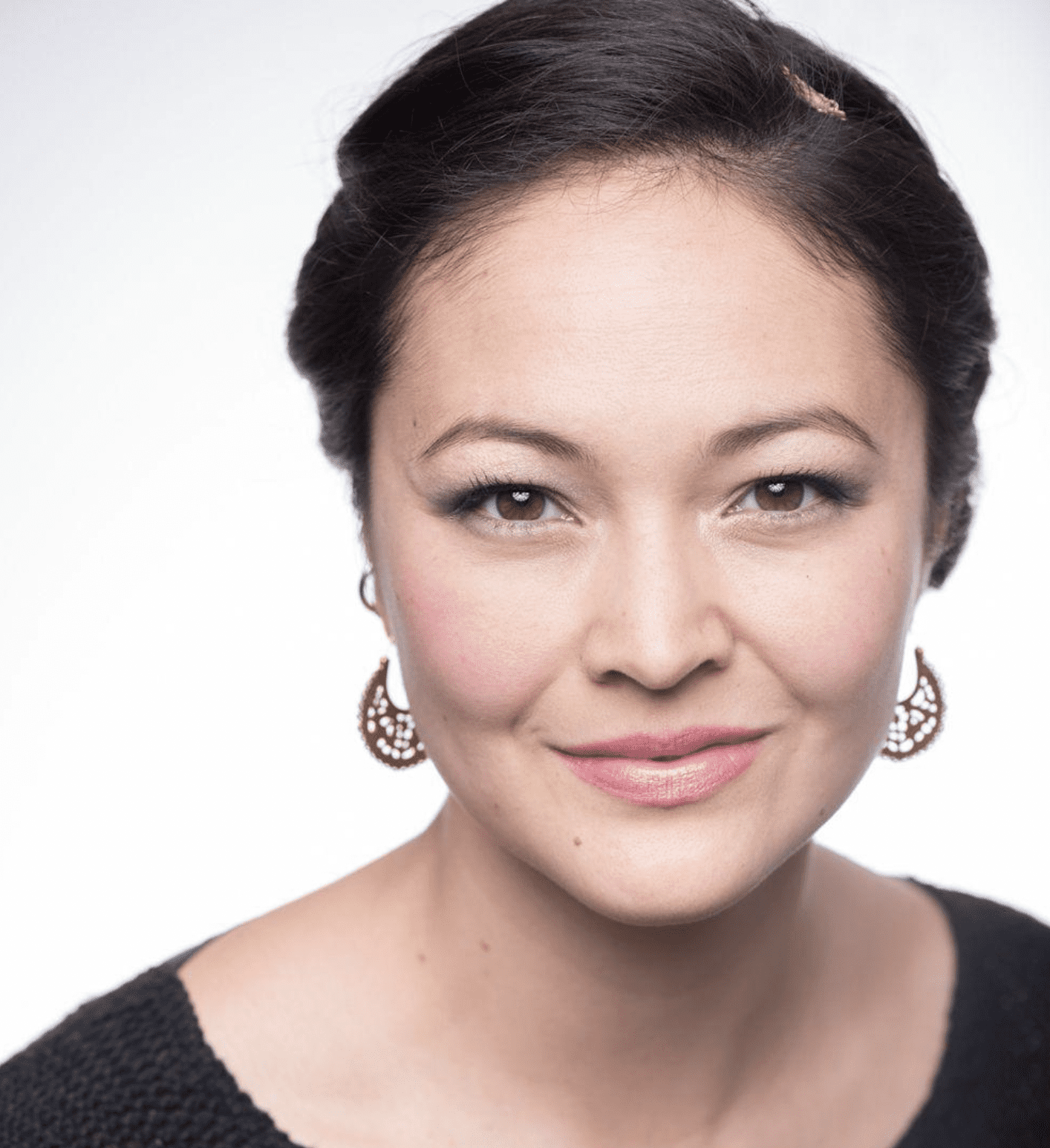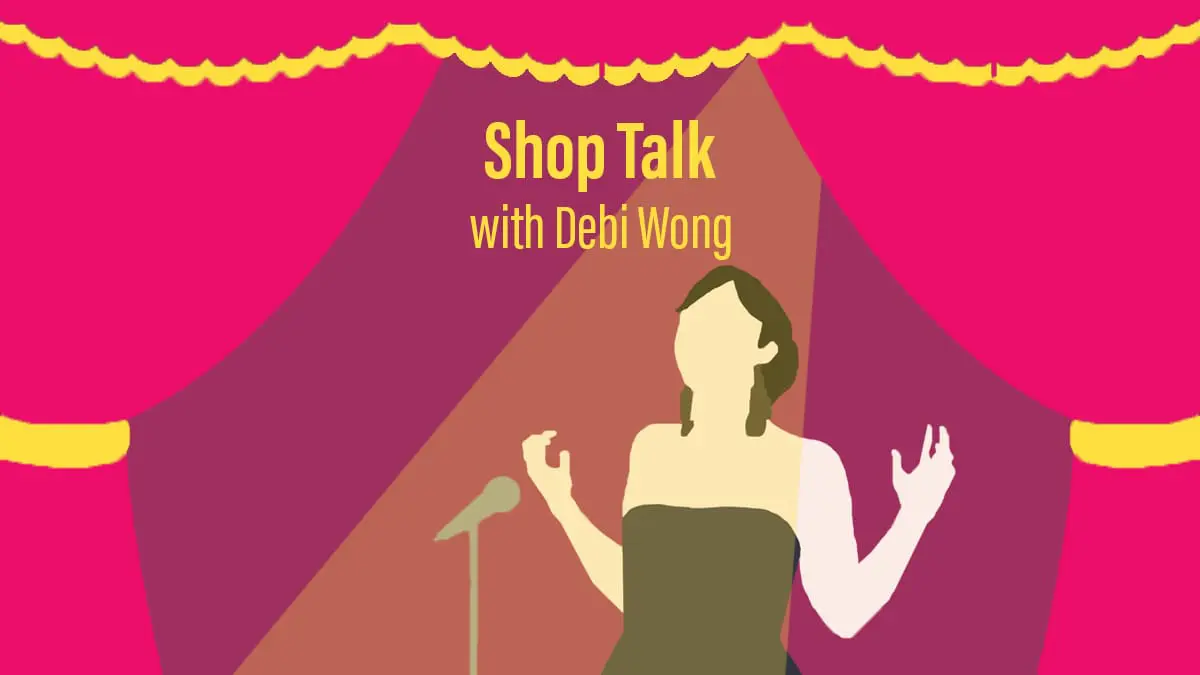Readers, if you’re like the folks on our Opera Canada team, you have a running list of questions that you’d love to ask your favourite Canadian operatic artists. So, we’re asking. In our series of interviews, called Shop Talk, we’re checking in with Canada’s singers, directors, conductors, and more, to ask them some of our most pressing curiosities. Next up: Shop Talk with Founder & Artistic Director of re:Naissance Opera, Canadian mezzo-soprano Debi Wong.
What’s an onstage memory that you’ll have forever?
“When I lived in Finland, I sang and toured with the lutenist Solmund Nystabakk for many years. We had a performance called Mister Dowland’s Midnight that we toured in many countries. One year, we were in Belgium at a historical instrument conference and we had the honour of connecting with and befriending many lute makers and early music mentors and players. At this particular performance, we knew everyone in the audience would know our repertoire very intimately and we knew that they would know everything about our playing and performing down to the string-types that Solmund had decided to use for his instrument.
It was a little unnerving, but because we had performed together for so many years, and because the program we were presenting was something that grew and evolved and adapted with us, we had a really strong sense of trust and flexibility and play that we were able to bring to the performance. I remember how hot the lights were in that performance and how high the stage felt in comparison to the audience.
I remember moving my chair a little closer than normal to Solmund because I was more nervous than usual. But then we started playing and it felt like we were weaving a spell the whole night. We were both playing the performance from memory so it meant we were always in some kind of dialogue and completely tuned into each other and into the audience. At the end of the performance, a historian and lute maker that we deeply admire came up to us to tell us it was the best lute song concert he had ever attended. That felt really special and that feeling we had with the whole audience was something I will never forget.”

re:Naissance Opera Founder & Artistic Director, Canadian mezzo-soprano Debi Wong. Photo: Dahlia Katz Photography
What would you consider a great opera for someone’s first time seeing one?
“I get asked this question a lot and it’s a tough one because even before anyone sees an opera they often have an expectation of what it is supposed to be or what it will be like. Since I work predominantly in and with new opera and new opera creation, I feel torn about sending people to something like La Bohème when some of the most dynamic and exciting stage works I have seen fall under the umbrella of “opera” but are experimental and often boundary-blurring. Cion: Requiem of Ravel’s Boléro is a work that comes to mind. It was presented at the 2020 Prototype Festival and was one of the most powerful performances I have ever seen – also one of the last performances I saw before the pandemic.
That said, the opera that I have attended the most is Billy Budd. The opera I am most excited to see this year is Fire Shut Up In My Bones. A contemporary opera composer that I can’t get enough of is: Du Yun.”
If you could do any other job in opera – singer, conductor, director, stage manager, designer, etc. – which would it be?
“Honestly, I fell into opera because I am a scrappy self-producing performer so out of necessity, I have done all of these roles at some point or another. I really love my job and role now, which is a combination of Creative Producer and Artistic Director with Stage Directing on top. This combination of roles allows me to connect with incredible artists and help shape new stories as well as bring them to life and I get to advocate for opera as a powerful tool for bringing diverse ideas, peoples, stories, artistic practices together in shared space.
For me, it’s the perfect balance of engaging creative practice and big-picture thinking and dreaming. When I came out of my formal singing training, I had a really fixed idea of what I could or could not do in the operatic sphere, and I am really glad I had opportunities that allowed me to redefine how I could contribute to and engage with the opera ecosystem.”
Readers, which Canadian artists do you want to see featured in our Shop Talk interview series? Let us know in the comments below, or get in touch at outreach@operacanada.ca.












